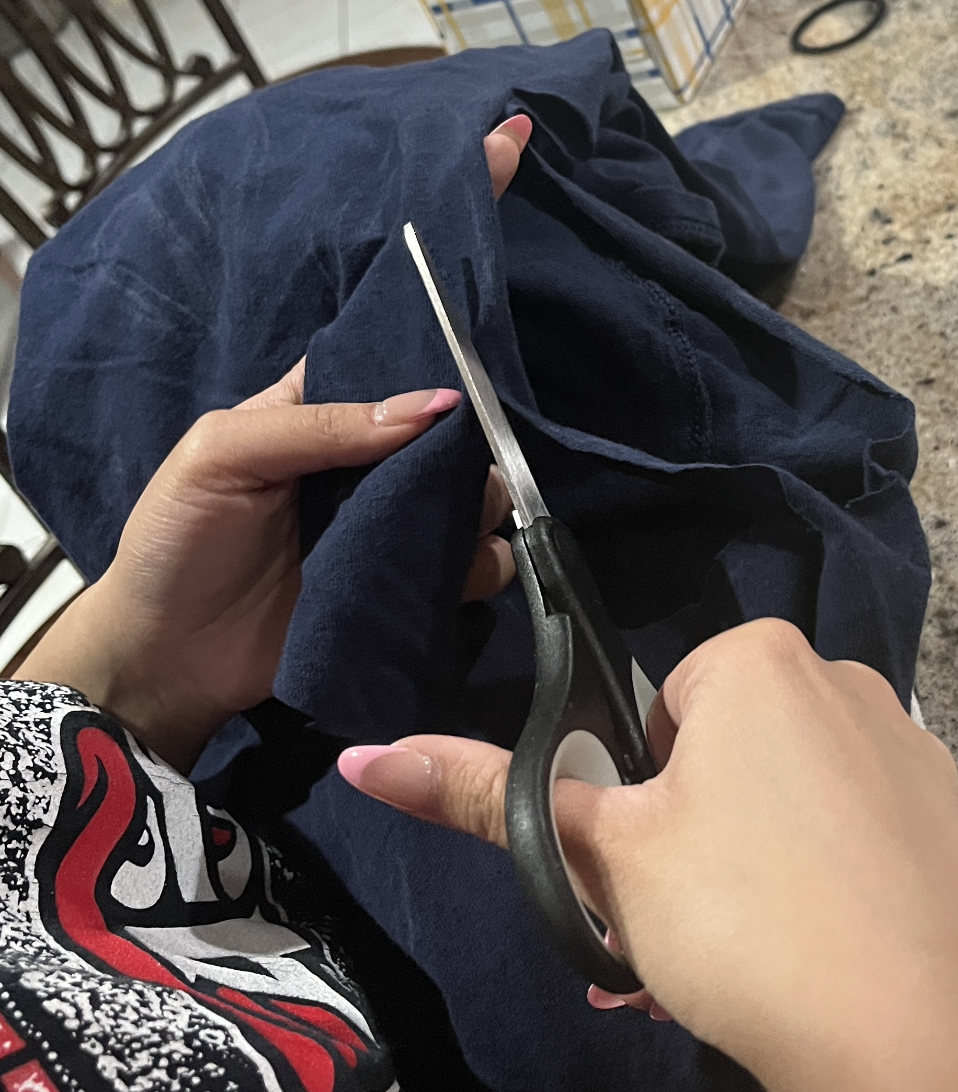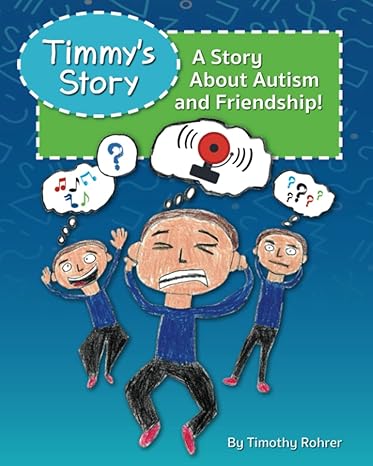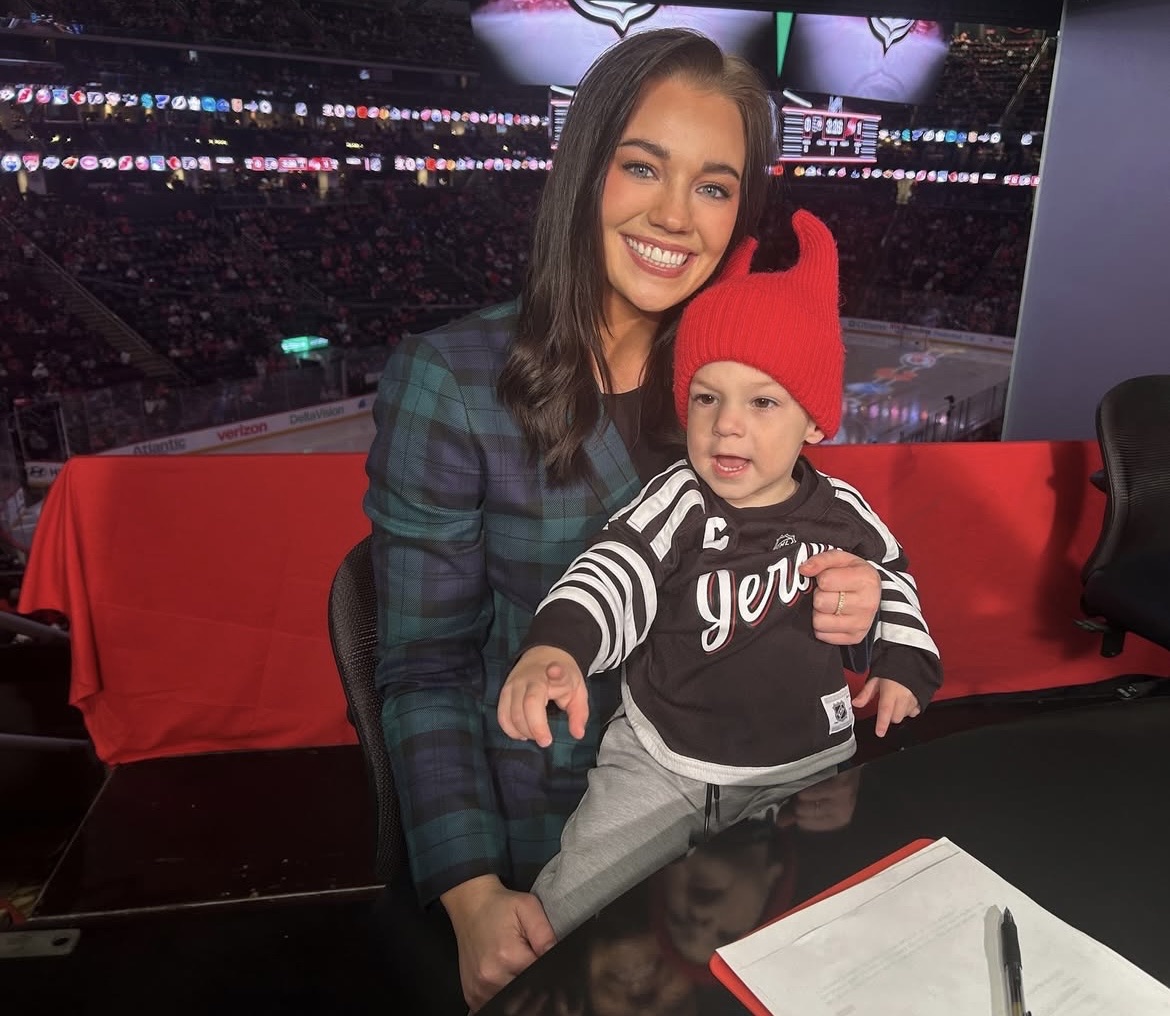COVID-19 Vaccine Q&A

December 7, 2020
Scientists have developed two coronavirus vaccines that are likely to receive approval this month from the FDA: the Moderna and Pfizer vaccines. Here is what you need to know about them.
How do the vaccines work?
The Moderna and Pfizer vaccines are the first vaccines that use mRNA (messenger RNA) technology to protect against infectious diseases. They are given in the upper arm muscle. Unlike previous vaccines, which put a weakened or inactivated germ in the body, mRNA vaccines give the cells genetic instructions to create a piece of the spike protein that is found on the surface of the coronavirus. This triggers an immune response that creates antigens, which allow the body to recognize and fight off the virus before it causes illness.
COVID-19 mRNA vaccines do not give someone the virus or interact with DNA. After the cell finishes using the instructions to create proteins, it breaks down the mRNA. The mRNA vaccines, like all vaccines, protect against future infection.
How many doses are needed?
Both vaccines require two doses to be effective. Pfizer’s booster shot will be given three weeks after the first one, while Moderna’s booster shot will be given four weeks after the first one.
How were the vaccines made quickly?
Scientists have developed the mRNA vaccines quickly because they were able to begin their work before there was a known case of the coronavirus in the country. They used the viral genome shared online as a template. Making mRNA vaccines does not require long procedures such as growing ingredients in chicken eggs.
Who will receive the vaccines first?
The Centers for Disease Control and Prevention (CDC) has laid out a plan for this. Healthcare workers and residents of a long-term care facility will be the first to receive the vaccines in mid-to-late December if the FDA approves the vaccines. Other groups that are likely to receive the vaccines earlier are those with underlying medical conditions, elders who are at higher risk of becoming severely ill, and essential workers such as teachers and food workers. It will take at least seven weeks to vaccinate the 21 million healthcare workers in the country.
How long will it be before other people get vaccinated?
It will likely take about four to six months. Healthy younger adults who don’t have high-risk jobs or medical conditions are likely to begin receiving vaccines in April and throughout the late spring and early summer. Children are not included in most coronavirus vaccine trials, so they likely will be among the last to get vaccinated. It will take a long time to vaccinate everyone because vaccine distribution and shipping will present many challenges.
How will the vaccines be shipped?
The Moderna vaccine is stored at minus-20 degrees Celsius, but it can keep for a month at refrigerator temperatures. This makes it easier to distribute it to pharmacies and rural regions that don’t have specialized freezers.
The Pfizer vaccine is stored at minus-70 degrees Celsius. The Pfizer company has created GPS-tracked coolers filled with dry ice to distribute it.
Are the vaccines safe?
Although the companies haven’t released all of their safety data yet, they have not reported any serious safety concerns from the trials. The vaccines can cause the following side effects:
pain or redness on the arm, headache, fatigue, muscle and joint aches for one to two days. These side effects are more likely after the second shot. Healthcare facilities are advised to schedule their workers to have a day off after receiving the vaccine.
How much will the vaccines cost?
Nothing. The federal government is paying for the vaccine. The Provider Relief Fund will cover the costs of the uninsured.
Should people who already had the coronavirus still get vaccinated?
Scientists are still learning how long people are immune to the coronavirus after becoming infected. An infection usually protects people more effectively from a virus than a vaccine, but there are exceptions, including the vaccines for human papillomavirus and tetanus. The coronavirus vaccine trials have data that may help show how the vaccine performed in people who already had been infected. The CDC will use this data to make recommendations on whether people who had previously been infected should receive the vaccine.
Will people still need to socially distance?
Experts say people still need to socially distance and wear masks after the vaccines are approved. This is because there will be a limited amount of vaccine doses and it will take a long time to protect enough people from viral infection to stop the virus from spreading in the population. Experts say it could take many months or longer for life to return to normal.
For more information, check out this website: https://www.cdc.gov/coronavirus/2019-ncov/vaccines/different-vaccines/mrna.html


























